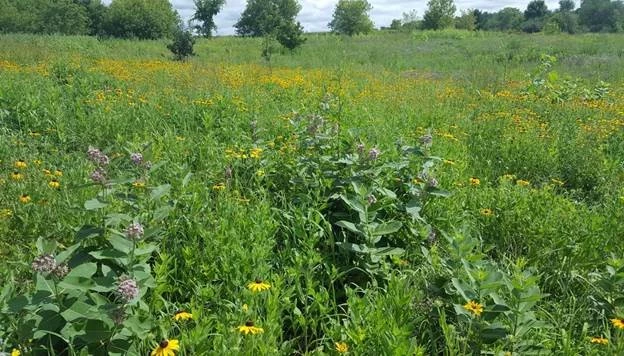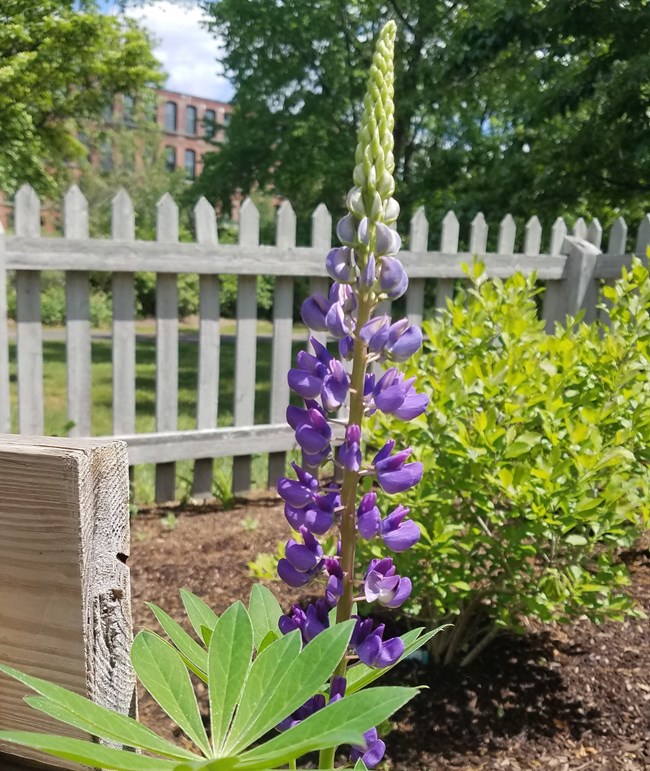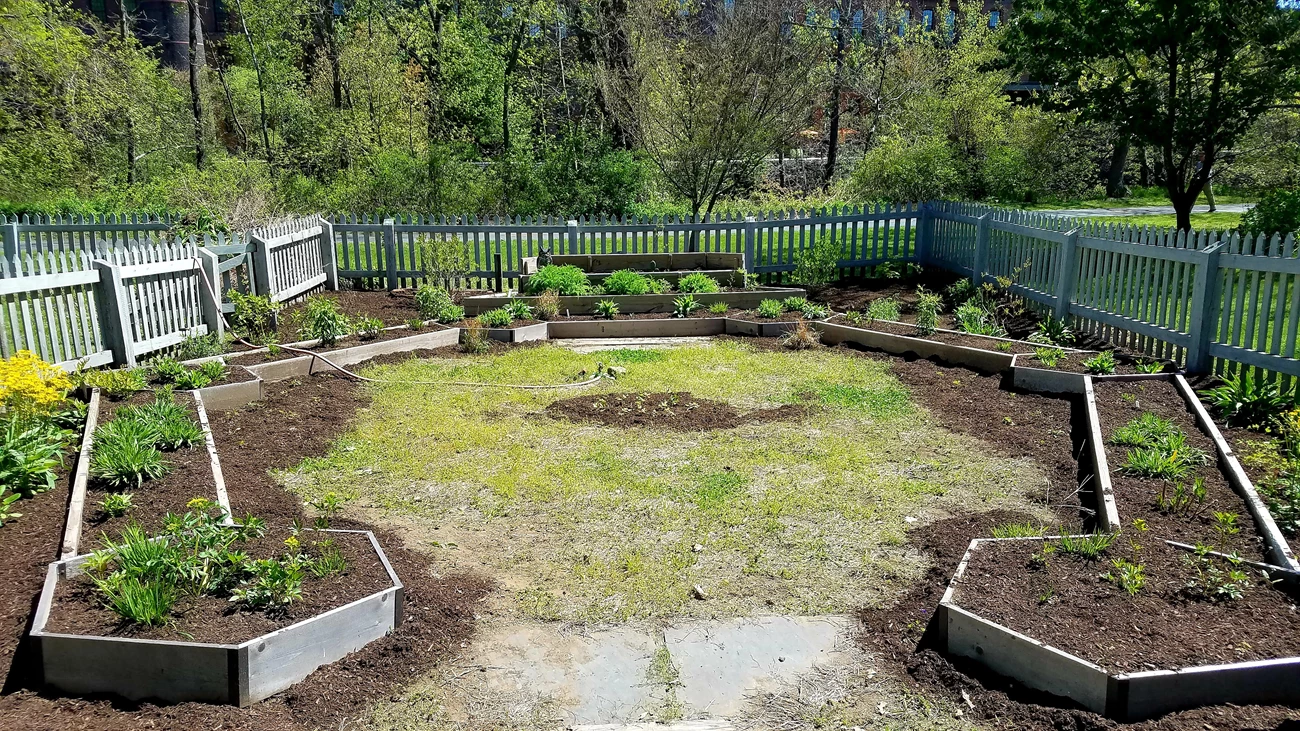Last updated: June 1, 2021
Article
Operation Pollination Helping to Improve Habitats and Landscapes Throughout the National Heritage Areas

Operation Pollination
Did you know that more than a dozen National Heritage Areas across the country are part of Operation Pollination, in an effort to help increase pollinator habitat and ensure their survival? Pollinators like bees, butterflies, and bats help plants carry out reproduction by spreading pollen from plant to plant. Since 1985, the populations of a wide variety of pollinators have declined by more than 45%.

Blackstone Valley NHC
Wherever you live, pollinators—responsible for the growth of one in three bites of food you eat—are an essential part of foodways, sustainability, and a healthy planet. This year Operation Pollination partnered with a major volunteer service organization, Rotary International, which adopted the initiative as part of their Environmental Sustainability Rotary Action Group (ESRAG). This new partnership has led to an exciting collaboration between ESRAG and the National Heritage Areas. This team approach has increased volunteer impact in support of pollinator habitat restoration in many places around the country. Land restoration can also aid with reducing our carbon footprint and improving air and water quality, so the benefits are tremendous.

NPS Photo
Through the efforts of Operation Pollination, NHAs are now a part of pollinator garden creation and the development of Pollinator Resolutions. At Blackstone River Valley National Heritage Corridor, for instance, you can visit the Kelly House Museum Native Pollinator Garden at Blackstone River Valley National Historical Park. At Appalachian Forest NHA, pollinator habitat restoration is being undertaken through AmeriCorps service projects. Later this month, the National Park Service and National Heritage Areas will also be celebrating National Pollinator Week from June 21-27, 2021. To learn more in the meantime about the Operation Pollination initiative and the Three Easy Steps you can take to support pollinators, you can visit operationpollination.net.

Blackstone River Valley NHC
